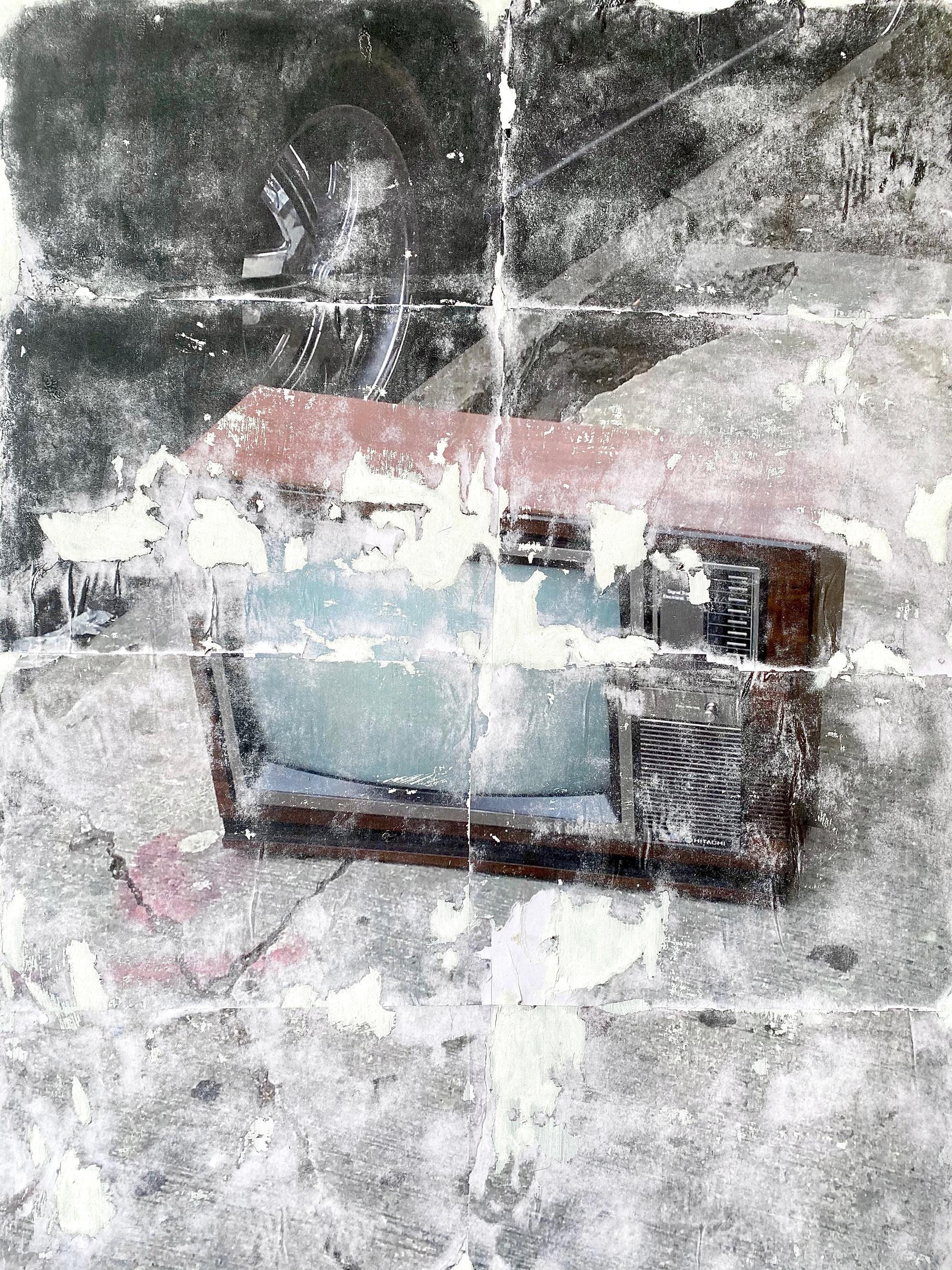The Battle for the Net has always been about real people
Fight for the Future works on a wide range of issues that intersect with technology and the Internet. But we care about these issues because of how they impact real people.
This is why we’ve been fighting for net neutrality for years, because despite what the telecommunications industry wants you to think, real people do benefit from net neutrality protections. And without it, there are real consequences.
Internet access has become a basic necessity for everyone - especially since the start of the COVID-19 pandemic. It allows us to access education, employment, healthcare, entertainment, banking, and more. During the height of the pandemic, many artists and creators turned to the Internet via livestreams, ebooks, and other methods of generating online income.
Now, artists are facing unprecedented threats to their livelihoods and ability to express themselves freely and safely. Corporations want to use artificial intelligence to replace their work; Big Tech platforms rake in record profits year after year, while paying pennies to creators; billionaires buy and sell the platforms that they depend on for a living like they’re trading cards.

Corporate greed and control are at the root of these harms. And while many policy changes are needed to protect art and give power back to artists, one of the most important is the restoration of strong Title II net neutrality protections at the Federal Communications Commission (FCC).
As a quick reminder, net neutrality protections ensure that we get to decide what we do online, without interference from companies like Verizon and Comcast. That means they can’t block, throttle, favor, or try to extract payments from online services. Title II is what allows the FCC to prevent ISPs from abusing their gatekeeper power, and to ensure that everyone has access to affordable Internet.
Without national net neutrality protections, it’s only a matter of time before telecom giants like AT&T, Verizon, and T-Mobile start trying to charge for online services that artists depend on, or build pay-to-play fast lanes only affordable to companies like Google (YouTube), Amazon (Kindle, Audible, Goodreads), Spotify, and Instagram. That will only entrench the monopoly power of these giants, making it nearly impossible for artists to find or build alternatives with more just and transparent business practices.
Artists are not fools. They know that if Big Telecom giants squeeze access fees from Big Tech companies, these monopolies will put corporate profits before struggling artists and pass those costs along to them. And smaller, more independent platforms that actually cater to artists' needs could shut down entirely. Fees like this are so high in South Korea that Twitch is actually shutting down there in February because it became too expensive to operate.
Now more than ever, artists and creative workers need new indie outlets and platforms, and to build those we need net neutrality. Millions of people fought for these protections, and millions more protested when the Trump administration callously repealed them.
This is why we’re organizing artists and creators to once again engage in the fight for net neutrality. We’ve been circulating this letter, which already has an awesome list of signers that will be released on Tuesday the 16th, in advance of the deadline for FCC comments on their proposed rule.
The Telecommunications Industry is using all of its resources to fight this process - to stop it entirely or to water down the FCC’s rule. We know the FCC wants to do the right thing, but we must ensure they have all the support they need to actually do it. If you’re an artist or creator please sign on, or forward to anyone you know who fits the bill.

Member discussion